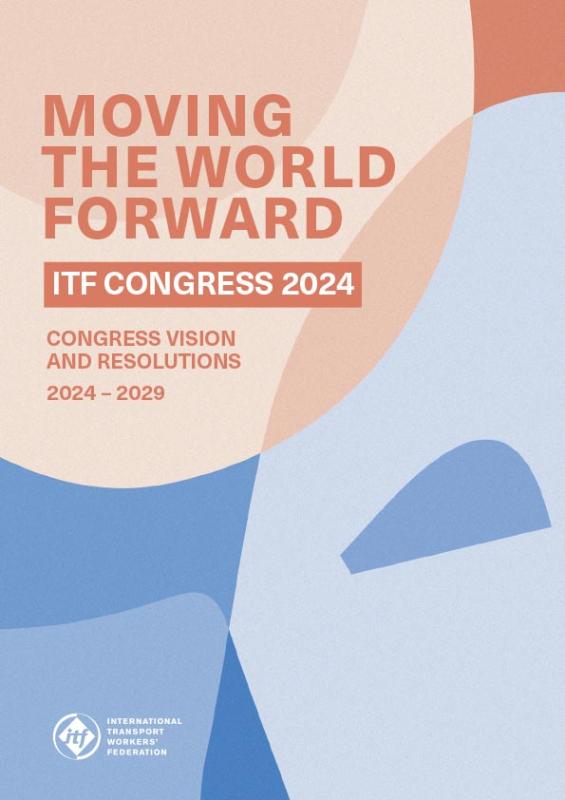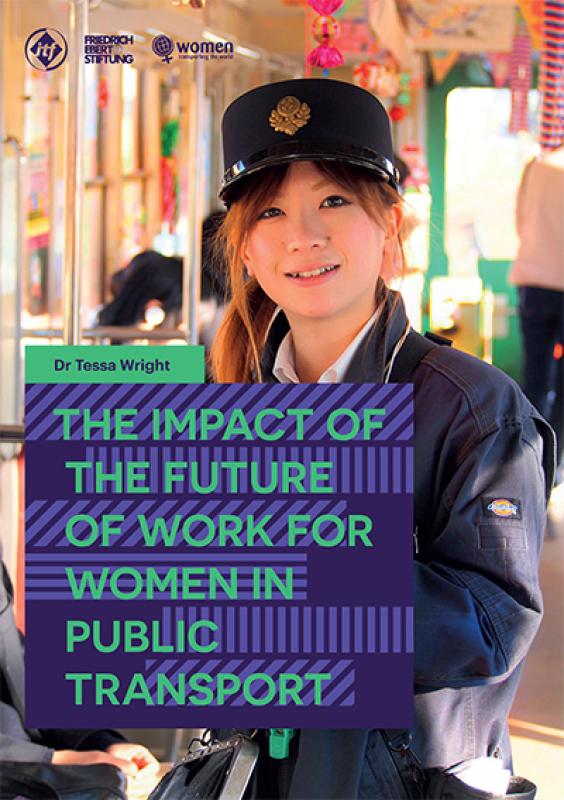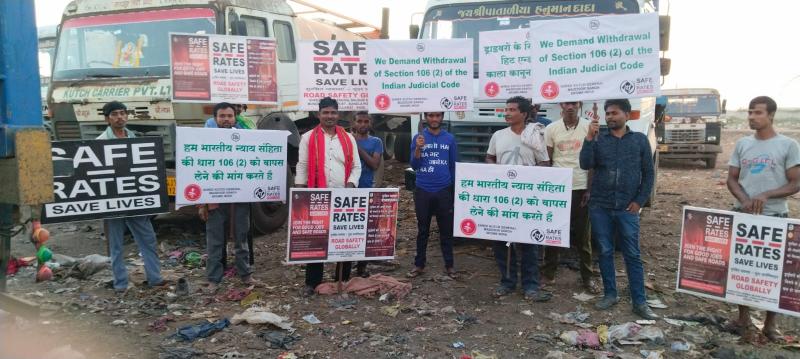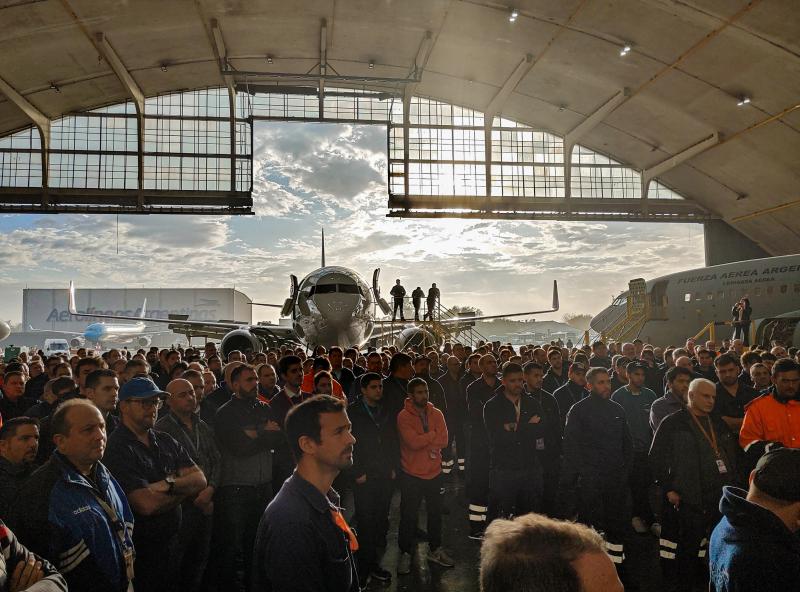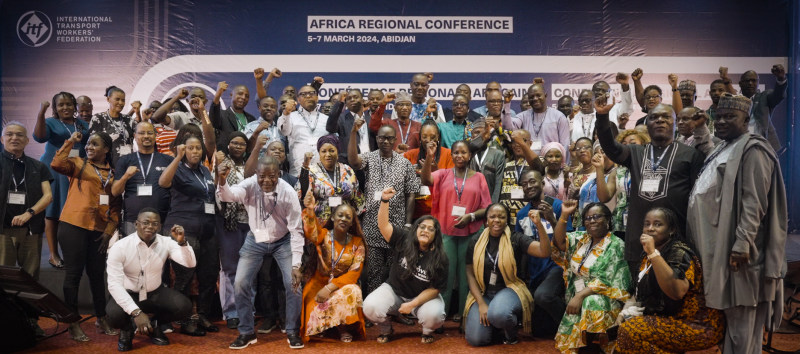Reporting on the ‘Remarkable Women Who Move the World’ work done by ITF with Women Mobilize Women (WMW), we look at the work done in Uganda.
“In the beginning, there was a lot of disrespect. A passenger would refuse to enter the taxi because it’s a woman driving”. Nabaweesi Lydia - taxi driver and vice-chair of Uganda women taxi driver association
The individual and collective experiences of informal women transport workers in the informal bus sector in the cities and towns of Kampala, Mbarara and Mbale are told using images, photo stories and video clips.
Why Uganda?
The Amalgamated Transport and General Workers' Union (ATGWU) in Uganda has made huge strides in organising informal workers. With crises caused by Structural Adjustment Programmes (SAPs) in the 1980s and the collapse of older public transport companies, informal minibuses (taxis) and motor-cycle taxis (boda-bodas) became the backbone of public transport. Hundreds and thousands of workers keep these services running every day. They face very low pay, long hours and bad working conditions. Women workers are often in the most precarious jobs and face many barriers due to discrimination against them, including violence and harassment on a daily basis. There are inspiring stories of how women have organised and through their associations affiliated to ATGWU.
“I chose riding at night because when I tried operating during the day, male colleagues made fun of me. They regarded me as a disgrace to society”. Penelope Kayesu, young boda-boda driver
The ATGWU engaged the women workers in education workshops as well as more informal education work on the streets, in the major transport hubs and within the union itself which, according to the women, is being effective in changing attitudes among the men. The women feel more confident in describing their experiences, and the men have become more supportive.
“We have associations and trade unions that have helped us a lot. As an individual, I belong to ATGWU and it has greatly helped us as workers”. Nakanwagi Prisca - airport taxi driver
The work will be part of educational materials to be prepared for discussions with urban transport affiliates, allied organizations and multilateral institutions that work in public transportation.
Over the next few months, we will share some of the content from across the other focus countries and highlight why the voices of women working in frontline transport are key to building urban transport policies. To keep up to date on this project, follow the hashtags #WomenMobilize and #ThisIsOurWorldToo and follow ITF and Women Mobilize Women on socials.
The videos can be viewed here: Remarkable Women who move the world
Notes:
The Amalgamated Transport and General Workers' Union (ATGWU) of Uganda organizes and represents workers both in formal and informal sectors operating in both aviation and road transport.
The International Transport Workers’ Federation (ITF) and Women Mobilize Women (WMW) have jointly collaborated to put a spotlight on the stories of women transport workers in Brazil, India, Indonesia, Morrocco, and Uganda. These stories are told using a variety media, such as videos, theater, online posts, and more.
Funded by the German Federal Ministry for Economic Cooperation and Development BMZ and implemented with the German Development Cooperation GIZ, the project works with local unions in each of the five countries to:
- Increase the visibility and awareness of women workers in the urban mobility workforce
- Demonstrate the need for women’s inclusion from the operational level to the policy-making level
- Recognise the importance of unions as active stakeholders in planning and decision-making.

